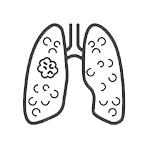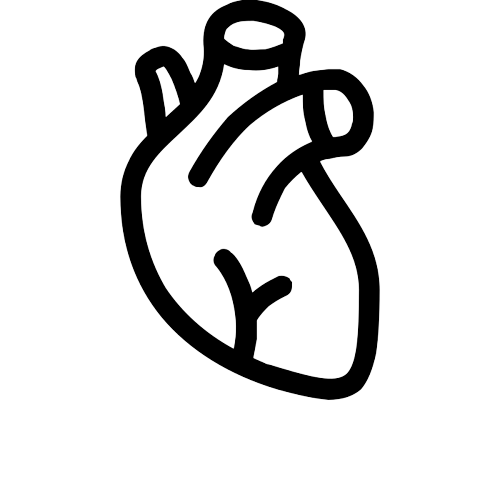Heart valve diease
Valvular heart disease damages the heart valves that control blood flow. There are four valves that open and close in sequential unison to maximize blood flow into and out of the heart.
Q & A
What is heart valve disease?
Valvular heart disease damages the heart valves that control blood flow. There are four valves that open and close in sequential unison to maximize blood flow into and out of the heart.
If you have valvular heart disease, it indicates that your valves are too stiff or too loose to function correctly. As a result, your heart must work harder to continue pumping blood.
Frequent causes of valvular heart disease include atherosclerosis, high blood pressure, bacteria infection or autoimmune disease. Without timely therapy, valvular heart disease can lead to heart failure.
What symptoms are associated with valvular heart disease?
Sudden onset valvular heart disease may produce symptoms of fatigue, shortness of breath, fainting, chest pain, or abnormal heart beat. In many situations, valvular heart disease progresses slowly and causes no visible symptoms until it has reached an advanced state.
How is heart valvular disease diagnosed?
A diagnosis begins with a review of symptoms and medical history. A doctor then listens to your heart with a stethoscope, which enables them to identify a murmur – an indication of valve damage. By listening to the quality of this murmur, the location of the problematic valve is determined. To confirm the diagnosis and assess the severity of your valvular heart disease, an echocardiography may be necessary. This diagnostic imaging procedure use ultrasound technology to provide real-time, moving images of your heart’s valves.
How is heart valve disease treated?
The goal of treatment for valvular heart disease is to restore the flow of blood pumped by the heart and prevent organ systems from suffering from a lack of blood flow.
In the first stages of valvular heart disease, the doctor may recommend medication. If you develop noticeable signs of valvular heart disease, you may be required to have surgery to repair or replace the damaged valve. In suitable patients, transcatheter aortic valve replacement (TAVR) or transcatheter aortic valve implantation (TAVI) is a minimally invasive operation in which a new valve is placed into the old valve without a need for open surgery.
Regular heart health examinations can help you avoid the dangers of untreated valvular heart disease by detecting the issue in its earliest stages.















